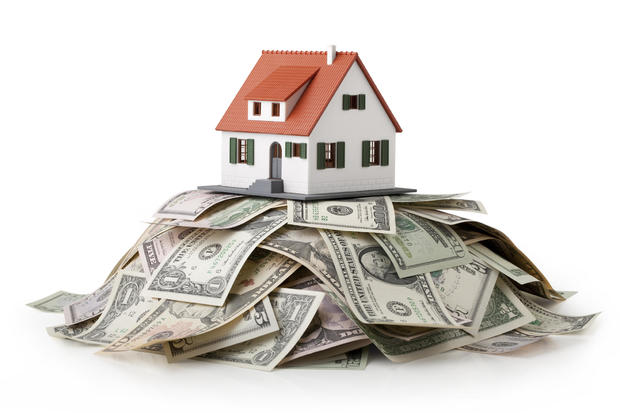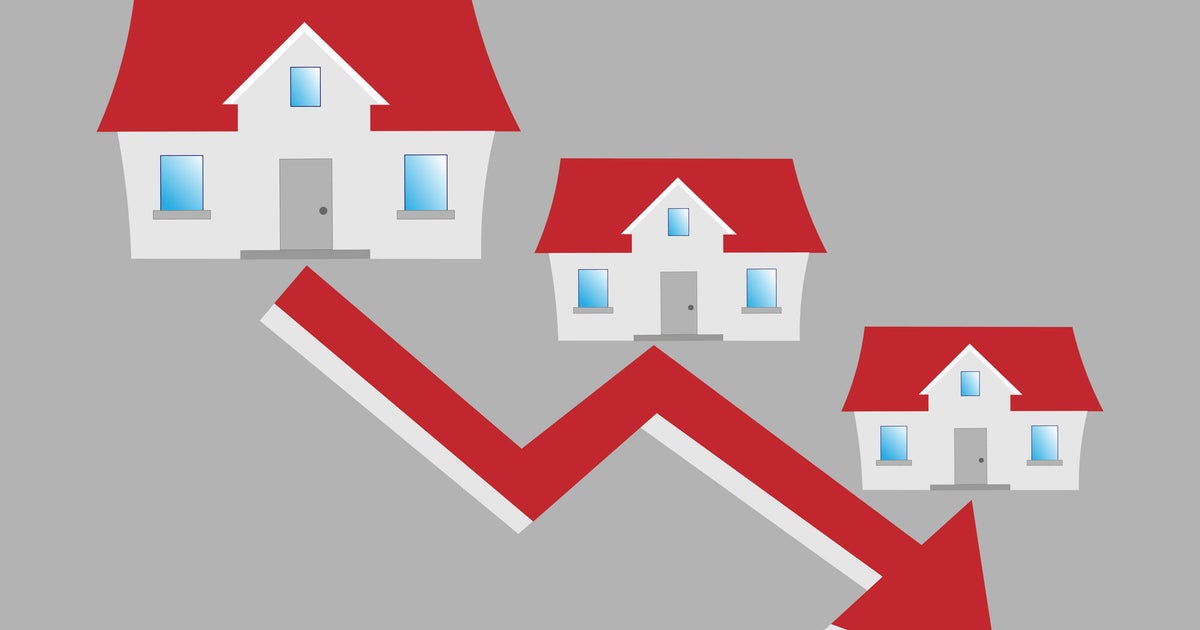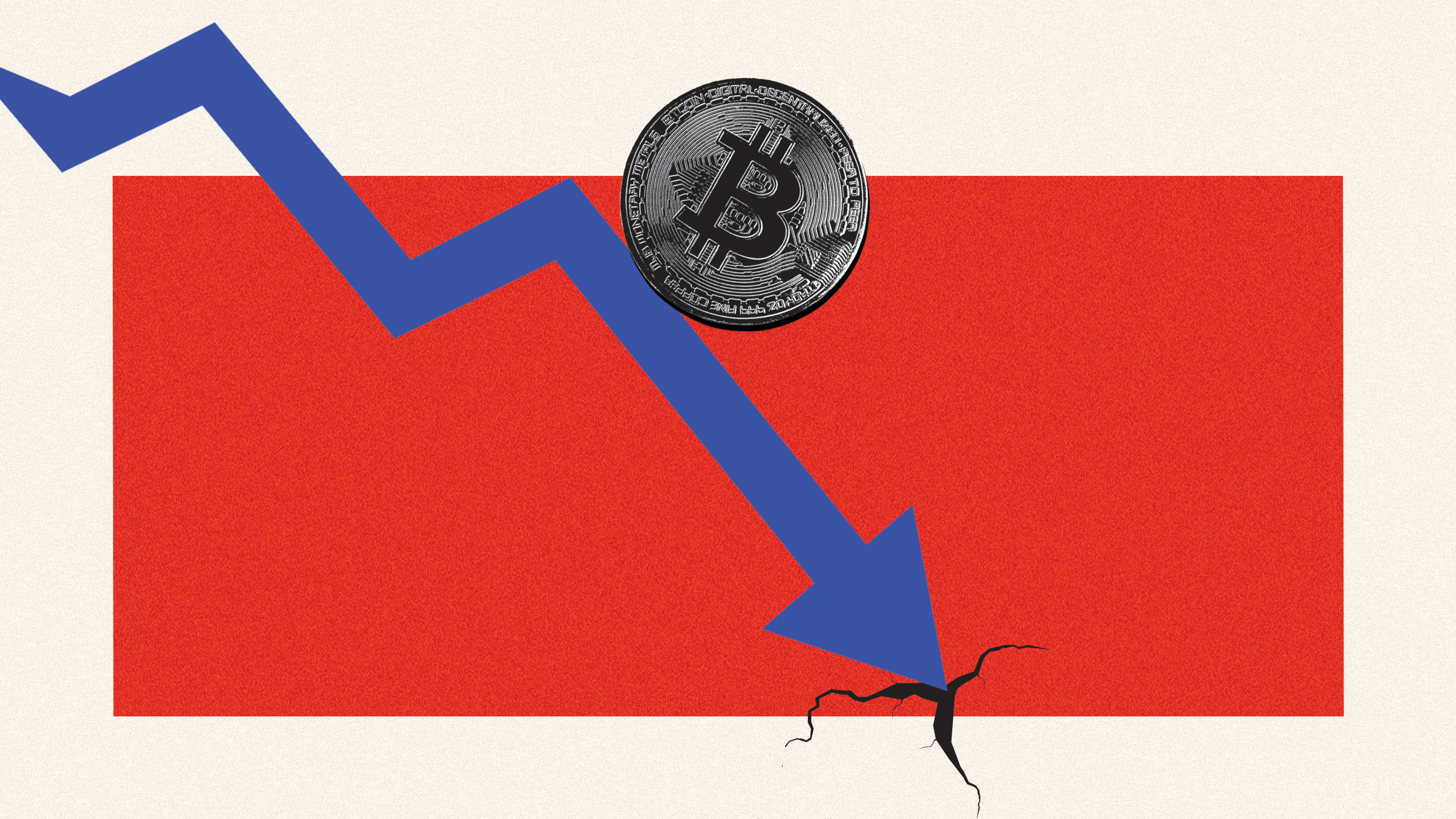Can you sell your home after getting a home equity loan?
The housing market has been tough for borrowers in recent years due to a mixture of high home prices, limited inventory and elevated mortgage rates. But while borrowers may be struggling due to a lack of affordability, the uptick in home values has led to an increase in home equity levels. Right now, the average homeowner has nearly $200,000 in tappable equity, which can be borrowed against for any number of purposes — from debt consolidation to home repairs or renovations.
And, there are a few different choices for tapping into that equity. A cash-out refinance — which replaces your current mortgage with a larger one at a new rate — is one of them. However, that type of loan is a tough sell when mortgage rates are hovering above 7.5% — especially considering that many homeowners currently have rates in the 3% range.
A home equity loan is another option. This type of loan is popular right now because it allows borrowers to retain their low current mortgage rate while accessing their home's equity. And, there are other potential home equity loan benefits to consider, too. But what happens if you borrow against your equity and then want to sell your home?
Explore your top home equity loan options here to learn more.
Can you sell your home after getting a home equity loan?
If you're wondering whether you can sell your home if you've taken out a home equity loan, the short answer is yes. You can sell your home after a home equity loan — even if you haven't started repaying the money yet.
As part of the process of selling your home, you'll have to repay the outstanding balance on your home equity loan. This typically means that a portion of the proceeds from the sale of your home will go toward repaying the home equity loan — unless you have the cash on hand to pay it off prior to the closing of the home sale.
That said, some home equity loans will come with prepayment penalties, so you may face these or other types of fees for paying off your loan before the specified deadline. Prior to selling your home, you may want to review your home equity loan agreement for any prepayment penalties. If such penalties or fees exist, it may benefit you to factor them into your decision.
You should also consider the timing of your home sale carefully. If you recently took out your home equity loan, you may want to wait until you've built more equity in your property before selling to maximize your profits. But you'll need to do the math to determine whether that's the case — and either way, if you need or want to sell, you still have that option.
Find out what home equity loan rates you may qualify for here.
Can you sell after a home equity loan and a decrease in home value?
If you took out a home equity loan and want to sell but your home's value is lower than expected, the good news is that you may still be able to sell your home. However, taking this route could result in some issues, including:
- Limited equity: If your home's market value has decreased since you borrowed against your equity, it can pose challenges when selling. And, if the value has decreased significantly, you may find that you have limited or negative equity, which means you owe more than your home is worth.
- A potential short sale: If you owe more on your mortgage and home equity loan than your home's current market value, and you need to sell for financial reasons, you may have to consider a short sale. In a short sale, your lender(s) may agree to accept less than the full amount owed as payment. This can help you avoid foreclosure and its long-term financial repercussions.
- A deficit you have to cover: In some cases, you might need to cover the deficit between your outstanding loan balances and the sale price out of your own pocket to complete the sale of your home. This can be financially challenging, especially if you're facing financial hardship.
That said, there may be some solutions for these issues. For example, you may be able to negotiate with your home equity loan lender to settle the debt for less than the full amount if your home's value has significantly decreased. However, this process can be complex and may affect your credit.
Or, if your home's value has decreased temporarily due to market conditions, it might be worth it to wait for a more favorable market before selling. This can give your home's value a chance to recover, potentially allowing you to sell without a loss or a smaller loss.
The bottom line
Selling your home after taking out a home equity loan can provide you with access to valuable funds, but it's essential to weigh the pros and cons carefully — especially if your home has decreased in value recently. Otherwise, you could end up on the hook for a loan deficit or costly prepayment penalties, which can be a big hurdle financially. But by understanding the potential benefits and drawbacks of this decision, you can ensure that it's the right choice for you and your wallet.




